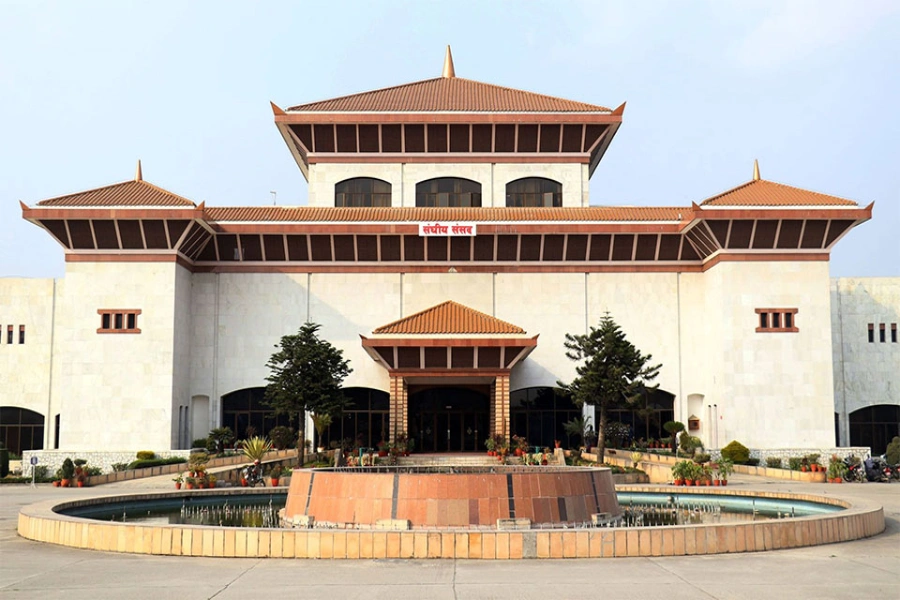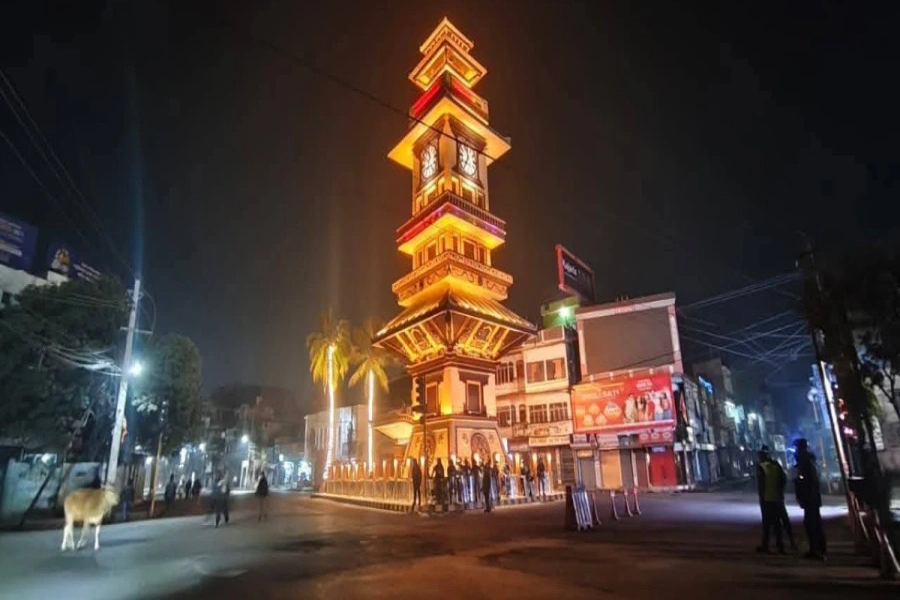After a hectic day dishing up almost 200 bowls of ramen during a non-stop seven-hour service, Yashiro Haga’s small shop is finally quiet. The 60-year-old takes a moment to himself after bowing goodbye to his final customers, two women Haga has known since elementary school.
“Finished,” he whispers, before starting to clean his kitchen for the last time. Haga closed his ramen shop on Thursday after 15 years because of dwindling sales due to the coronavirus pandemic and prospects are bleak for the restaurant located in an area of Tokyo usually teeming with businessmen, now teleworking from home.
“I was anxious as I don’t know how long the coronavirus situation will last,” Haga told Reuters on Thursday morning whilst preparing his broth.
‘Ramen restaurants’ introduced in Kathmandu

Haga took a risk to follow his passion when he opened his ramen shop, shifting from a career as a photographer. His business was embraced by the community and the restaurant became a staple for office workers’ lunches and quick dinners.
“This is the best ramen shop for me, and it is not just because it is conveniently located,” said customer Yukina Tooyama, who queued for almost an hour in the cold on Thursday to get a last taste of Haga’s broth. “I am very sad.”
COVID CLOSURES
The pandemic is hurting Japan’s mom-and-pop restaurants - including noodle shops like Haga’s - at a growing rate, despite evidence the government’s massive effort to stave off bankruptcies is working in other sectors of the economy.
Hurt by deflationary pressures and growing competition in the run-up to the now-delayed Tokyo Olympics, noodle bars are particularly prone to the economic malaise the pandemic triggered in the service sector.
Seven other ramen restaurants have closed in the area since March. Once news spread of Haga’s shop shutting down, customers flocked in. He had to double his production and shut early when the broth ran out.
On Thursday, Haga did his best to accommodate all his customers - some of whom gave him gifts in gratitude for years of ramen lunches - but still had to turn many away.
Haga said he will miss the long days - he used to start work at 3.30 a.m. and often didn’t finish until after 10 p.m. - and may look to open another restaurant in a residential neighbourhood with a more regular flow of traffic. “This coronavirus has drastically changed the movements of people,” he said.
But to start, he plans on having his first good night’s sleep in years. “I’m going to sleep well tomorrow. And for a while,” Haga said wistfully.



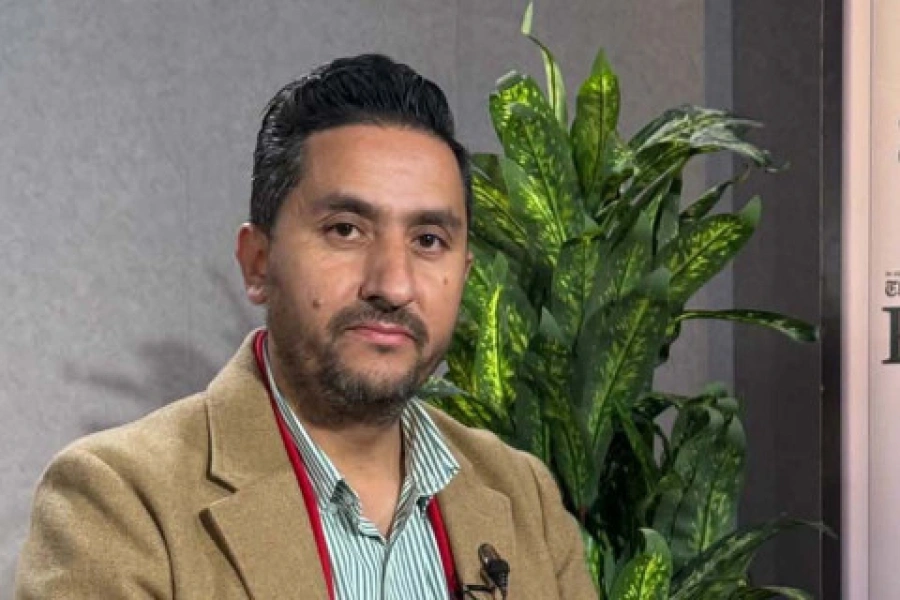
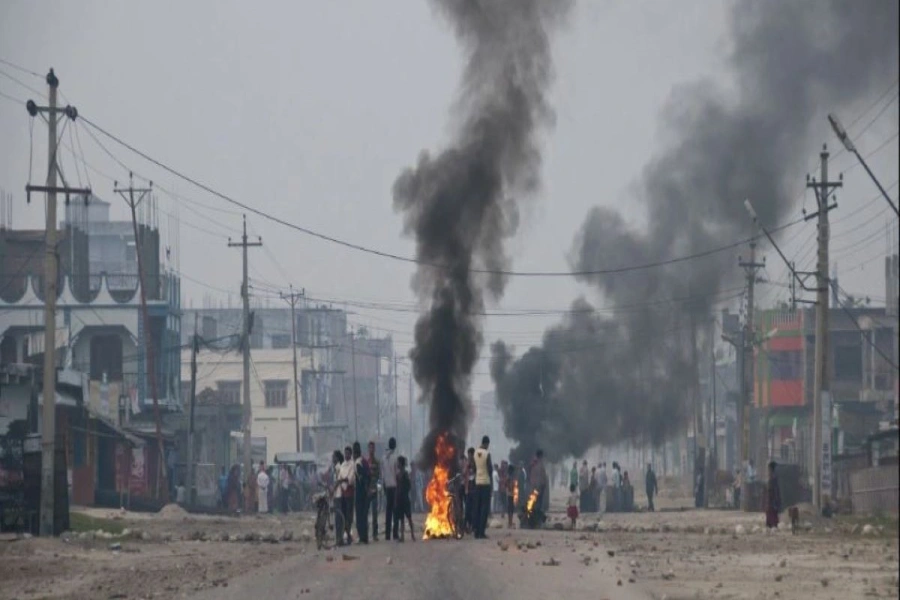



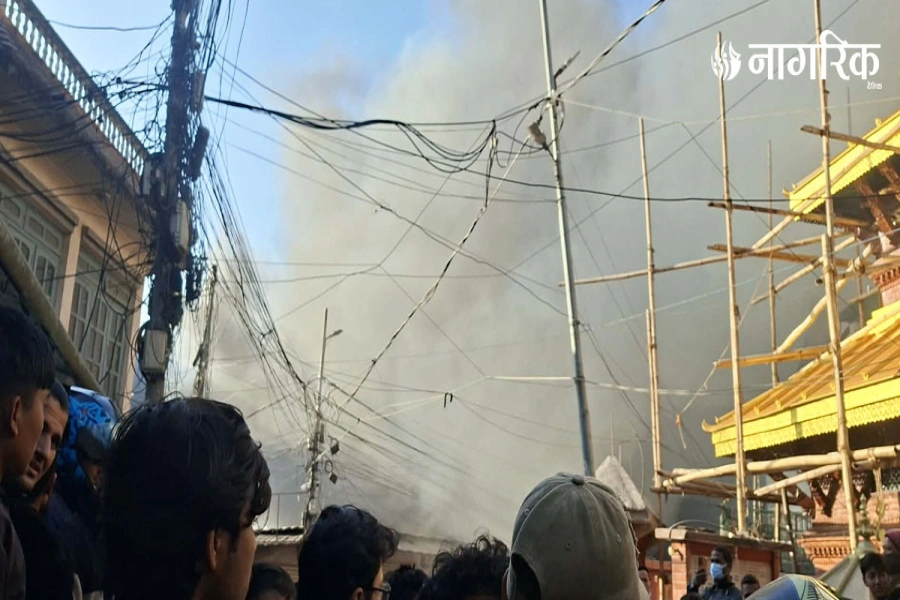



_20200814192758.jpg)




